Opinion: Is The Car-Free Movement Here Already?
Internet-based communities frequented by Gen Z and the youth, in general, have now created a subculture that popularizes mass transit, safer roads for all, public transport, pedestrian priorities, cycling, and more.
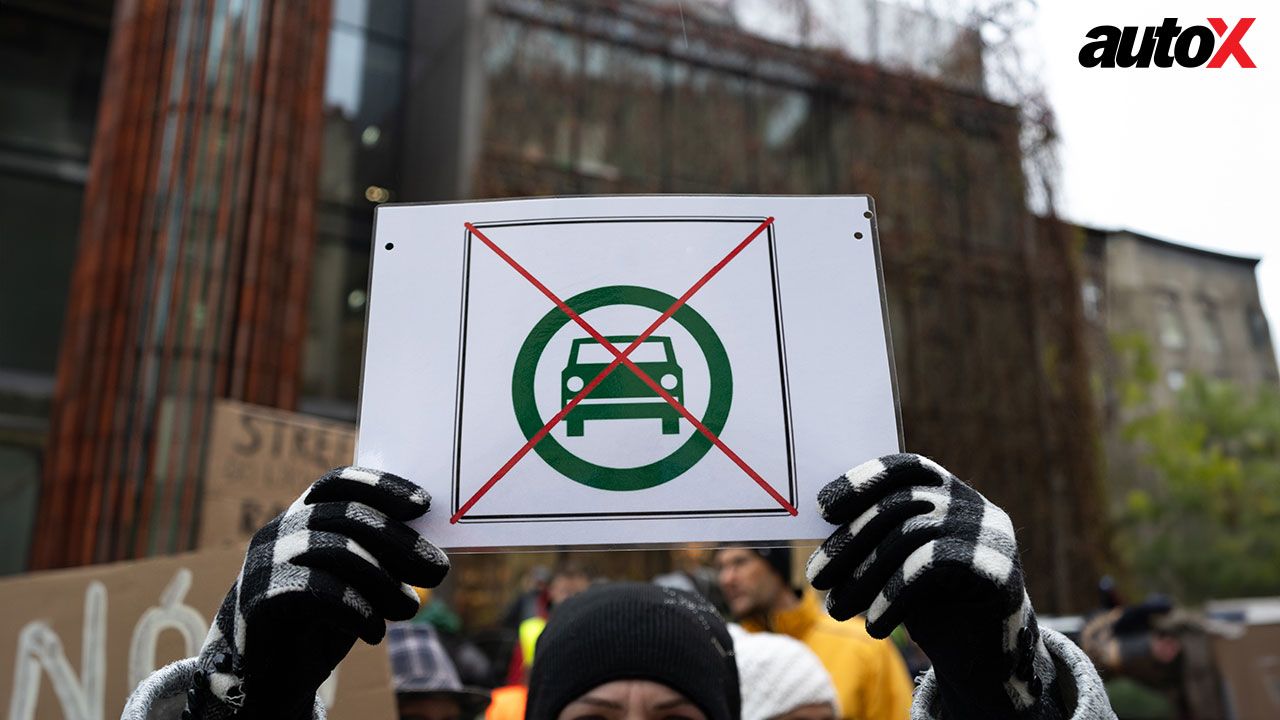
At home, conversations with the teenager are dominated by cars and transportation… Well, the apple doesn’t fall far from the tree. Despite being exposed to great cars from an early age – classics as well as modern, and terrific automotive content – and a genuine interest in all machines that move, he is not as besotted as I am. Mainly because he can distinguish between the joy of driving and appreciating beautiful, powerful cars on the one hand and driving as a form of commute on the other.
During our many conversations, he told me about a subreddit link called fxxkcars (the ‘x’s are, of course, my additions, do insert the appropriate letters). Honest to God, this is the first time I entered an actual subreddit and scrolled through it. As the description says, ‘it is devoted to discussions about the harmful effects of car dominance and aspires towards more sustainable and effective alternatives.’ Do check it out. While Reddit as a form of social media is dominated by US users, the angst in this subreddit can be felt across the globe. And it seems pretty popular too, with over 430,000 members. Now when a zoomer steps back from blind car love and assesses the car-related infrastructure – how it is crumbling, how it is unsafe to other non-car users, how road rage turns normal people into uncouth creatures, how inefficient it is, how polluting it is, how it sucks attention and resources and the unfair ‘cars first’ approach by authorities – and you get an idea of where the future is headed. Because today’s zoomers are tomorrow’s decision-makers.
A year ago, I had come across an article in The Economist, a cutting of which I had kept aside. Titled ‘Throughout The Rich World, The Young Are Falling Out Of Love With Cars’ the article had some strong proof on how the young are not bothering to acquire their driver’s licenses anymore and, at the same time, how motorists are being squeezed in many developed cities. A researcher quoted in the article states that once people see the benefits of a pedestrianized shopping street or a non-car area, they rarely go back. A 2018 report, the article quoted, led by Dr Kiron Chatterjee at the University of the West of England, concluded that ‘driving habits that are formed in youth seem to persist, with those who begin to drive later continuing to drive less, even into their 40s.’ The automotive industry needs to digest that statement and understand the implications.
Internet-based communities frequented by Gen Z and the youth, in general, have now created a subculture that popularizes mass transit, safer roads for all, public transport, pedestrian priorities, cycling, and more. I would say that it is not anti-car per se but against the dominance of cars that skews priorities at the expense of others. Instead of lengthy articles like the ones I read (and keep cuttings aside
The car-free movement is a global phenomenon, not isolated to an apartment in suburban Mumbai where I live. It is no more the fringe and it is assuming more importance in the developed world – even in the US, where cars are not mere machines, but objects of mass worship and have a quasi-religious status. If you think it will take a long time for the cars-free movement to take root in India, and that it will be delayed thanks to an aspiring, young population with an unquenchable appetite to buy cars, think again. The car industry will have to start pivoting towards a new world of mobility, where it is seen as the solution and not the problem. I know this is a strange thing to say in a publication devoted to the love of automobiles, but I shall leave you at this juncture to ponder about it. Would like to hear your thoughts.
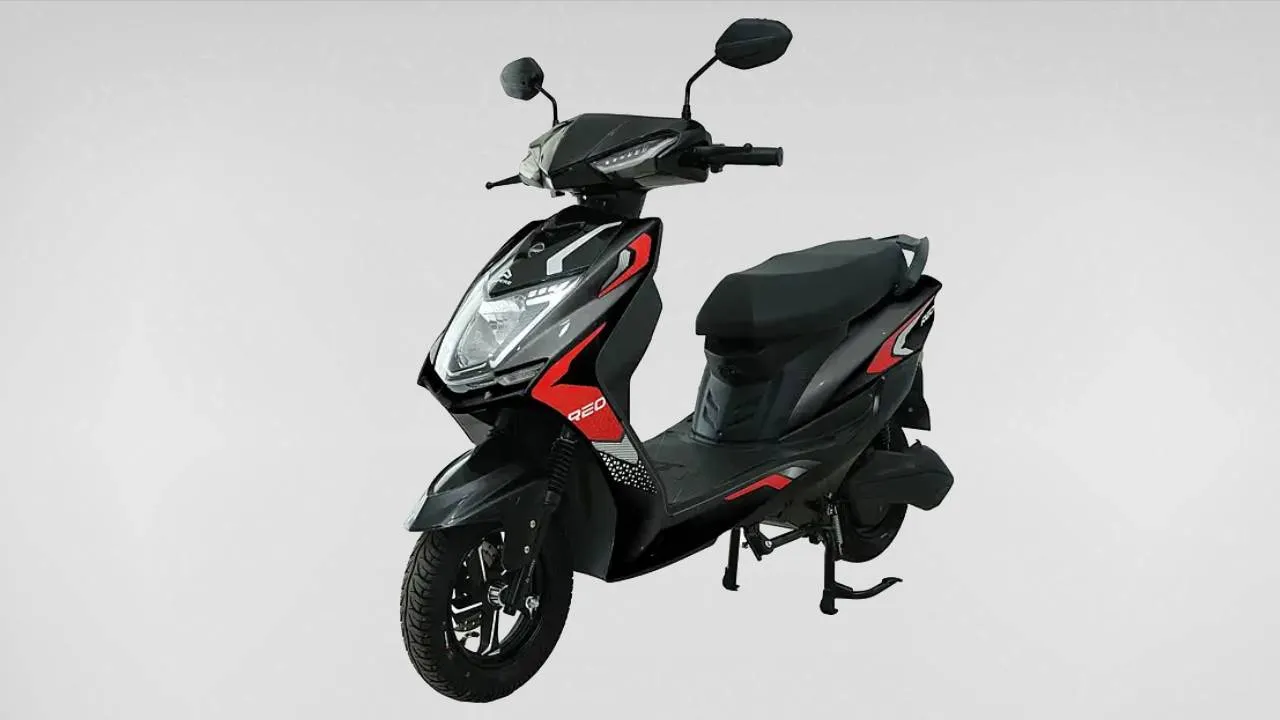
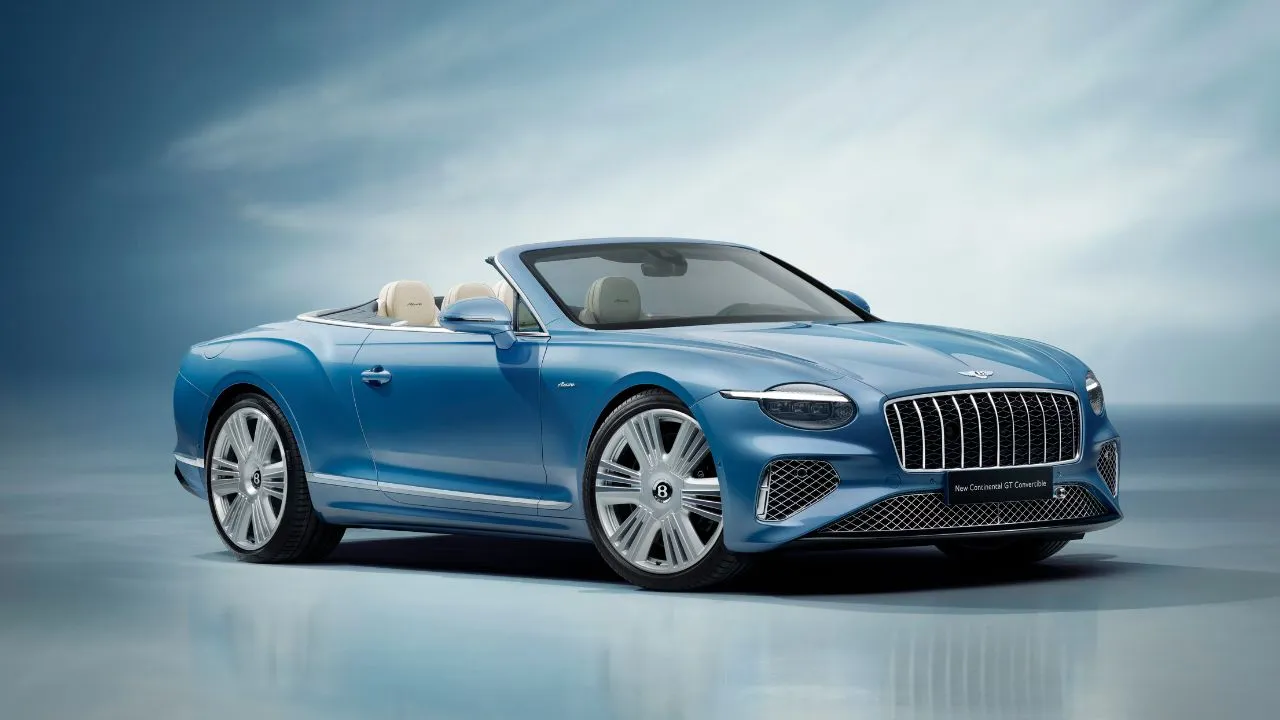

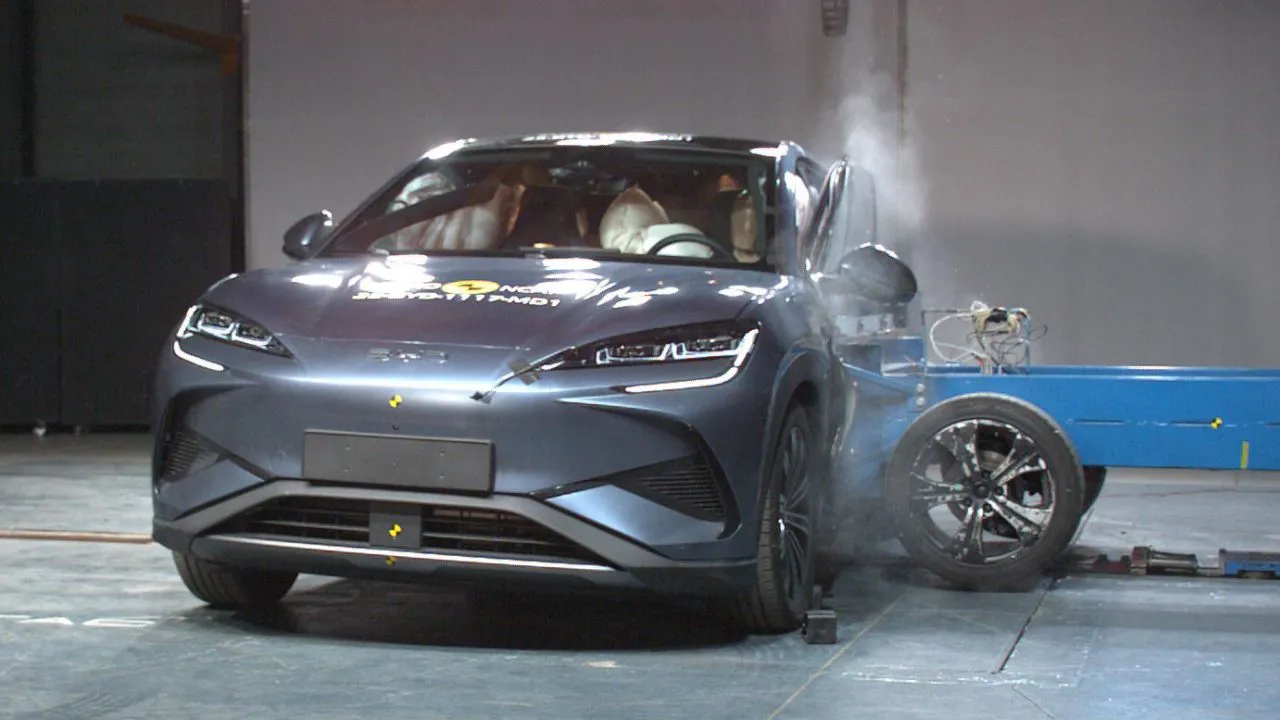
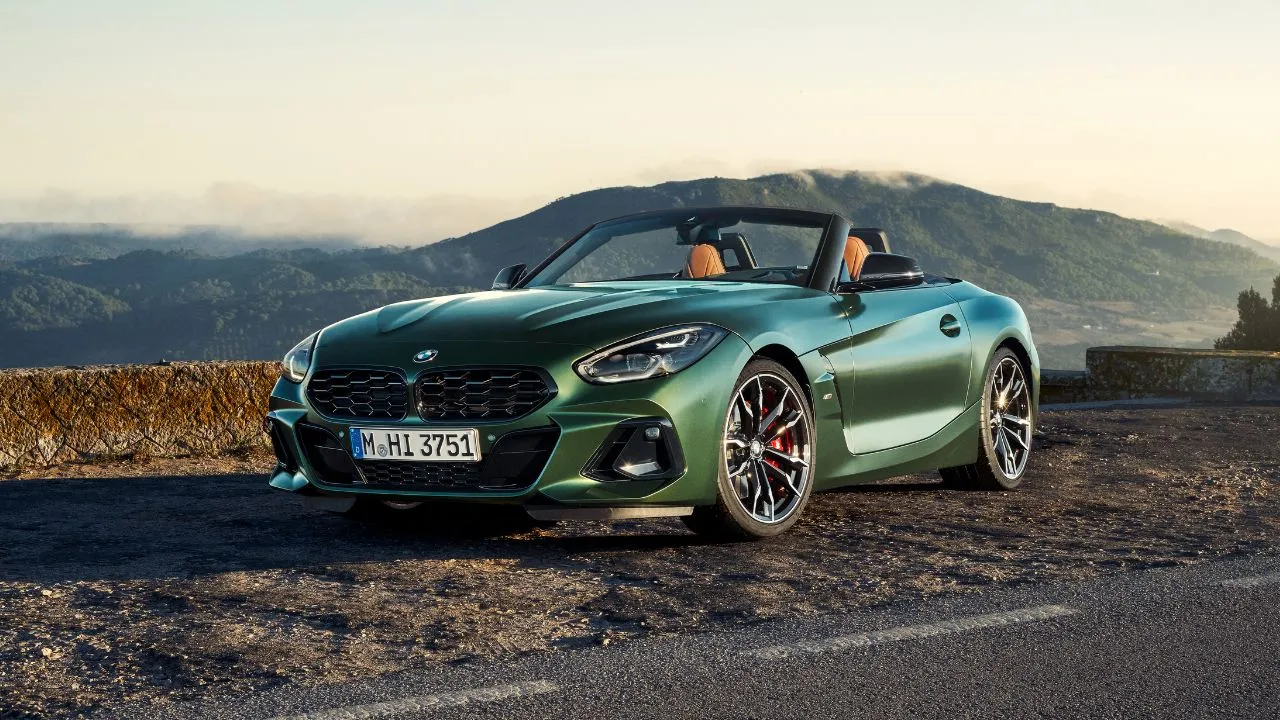














Write your Comment on